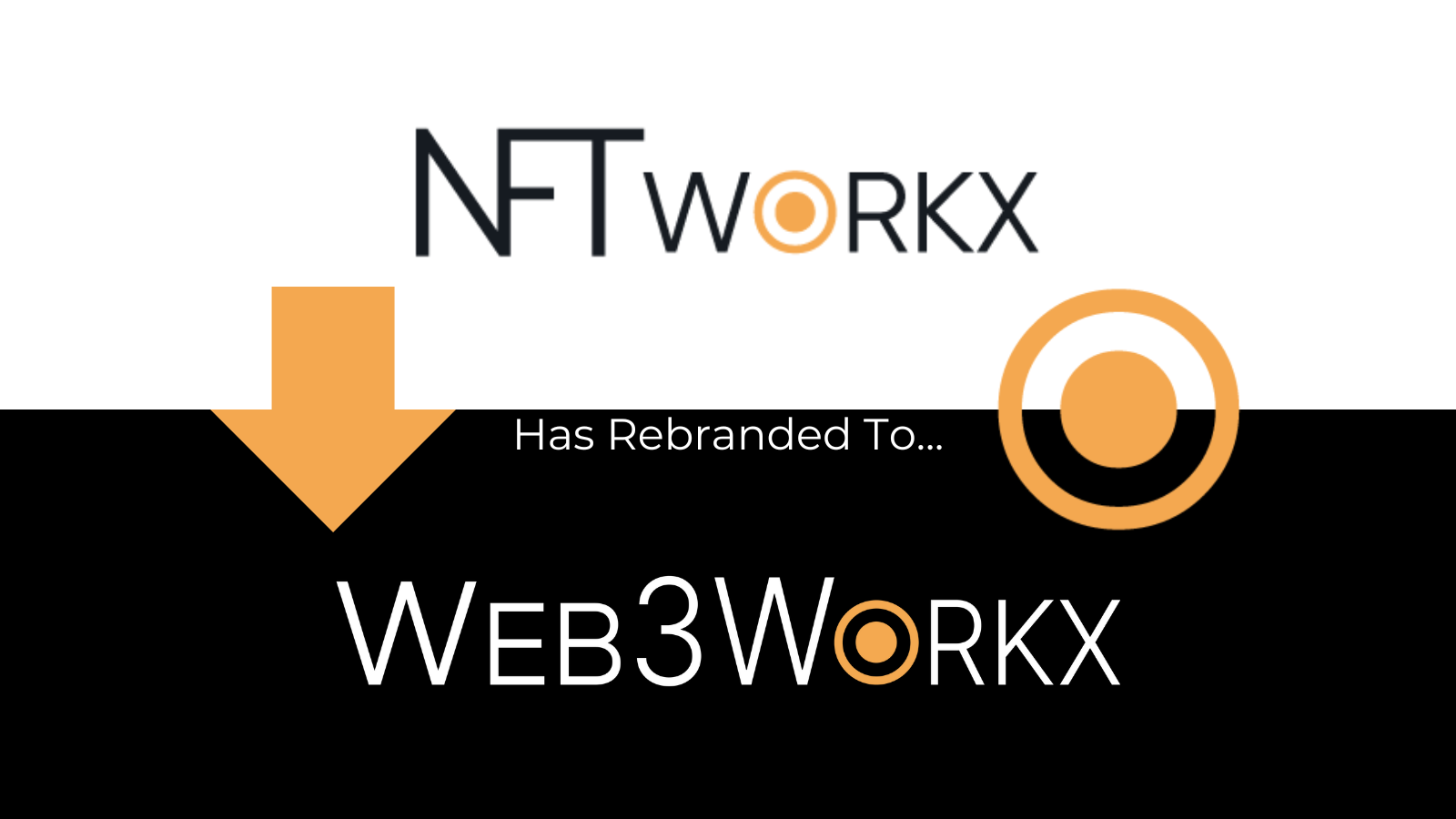NFT Product Authentication: The Cutting-Edge Solution in Digital Security
Introduction to NFTs and Their Rising Importance
Non-fungible tokens (NFTs) have captured global attention, revolutionising how we perceive digital ownership. Originating as a novel concept within the blockchain community, NFTs have rapidly evolved into a significant digital asset class. Their uniqueness and indivisibility make them ideal for representing ownership and authenticity of both digital and physical goods.
Understanding Product Authentication
Product authentication has always been paramount for brands and consumers alike. While effective to a degree, traditional methods, such as holograms and serial numbers, often need to catch up against sophisticated counterfeiting techniques. The digital age demands a more robust and foolproof method to ensure product authenticity.
NFTs as a Solution for Product Authentication
Enter NFTs, a groundbreaking solution for product authentication. By leveraging the unique properties of NFTs, brands can assign a digital certificate of authenticity to their products. This not only combats counterfeiting but also enhances consumer trust.
How NFT Authentication Works
At its core, NFT authentication involves creating a digital twin of a physical product on the blockchain. This process, powered by smart contracts, ensures each product has a unique, tamper-proof digital identifier. Case studies across various industries illustrate the effectiveness of this approach.
Blockchain Technology and Its Role in Authentication
Blockchain technology is the backbone of NFTs. It provides a decentralised and transparent ledger, crucial for maintaining the integrity of product authentication. The immutable nature of blockchain ensures that once a product’s data is recorded, it cannot be altered, thereby preventing fraud.
Advantages of NFTs in Product Authentication
The advantages of using NFTs for product authentication are manifold. They offer unparalleled security features, such as cryptographic proofs, that are nearly impossible to replicate. Moreover, the transparency and traceability of blockchain technology provide an added layer of trust.
Real-World Examples of NFT Product Authentication
Several industries have already started embracing NFTs for product authentication, from luxury fashion brands to high-end electronics. These real-world applications highlight the versatility and effectiveness of NFTs in combating counterfeit products.
Challenges and Limitations of NFTs in Authentication
Despite their advantages, NFTs have challenges. Technical complexities and the need for widespread market acceptance pose significant hurdles. Moreover, the developing nature of this technology means that it is still evolving, with new challenges emerging.
The Future of NFTs in Product Verification
The future of NFTs in product authentication is promising. As the technology matures and becomes more accessible, we can expect broader adoption across industries. Innovations in blockchain and NFTs will likely usher in even more robust authentication methods.
Legal and Ethical Considerations of NFT Authentication
Navigating the legal and ethical landscape of NFTs is crucial. Intellectual property rights, data privacy, and consumer protection must be addressed to ensure a fair and responsible use of NFTs in product authentication.
Consumer Perspective on NFT Product Authentication
From a consumer standpoint, adopting NFTs for product authentication hinges on trust and ease of use. Educating consumers about the benefits and functionality of NFT authentication will be crucial to its widespread acceptance.
The Role of NFTs in Combating Counterfeiting
The multi-billion dollar industry’s counterfeit market poses a significant threat to brands and consumers. NFTs emerge as a potent tool in this battle, offering a digital solution difficult for counterfeiters to replicate.
Integrating NFTs with Existing Authentication Systems
For NFTs to be effective, they must seamlessly integrate with existing authentication systems. This involves overcoming compatibility issues and devising strategies that complement traditional methods.
Cost Implications of NFT Product Authentication
Implementing NFT-based authentication systems involves initial investments and ongoing costs. However, the return on investment can be substantial compared to the potential losses due to counterfeiting.
Designing NFTs for Authentication Purposes
Designing NFTs for authentication goes beyond technical aspects. It involves a creative process that makes these digital certificates appealing and brand-aligned, enhancing the overall customer experience.
Marketing NFT-Based Authentication Solutions
Marketing NFT-based authentication solutions require a targeted approach. Identifying the right audience and crafting messages that resonate with them is crucial for adoption.
NFT Authentication in the Luxury Goods Market
The luxury goods market, often plagued by counterfeits, stands to benefit significantly from NFT authentication. Case studies in this sector demonstrate the impact and potential of NFTs in ensuring product genuineness.
Technological Innovations in NFT Authentication
The field of NFT authentication is ripe for technological innovations. Emerging technologies, such as advanced cryptography and enhanced blockchain protocols, promise to improve NFTs’ efficacy in product authentication.
User Experience in NFT-Based Product Authentication
The success of NFT-based product authentication also hinges on the user experience. Ensuring an intuitive and seamless consumer process is essential for its adoption and effectiveness.
Conclusion and Final Thoughts
In conclusion, NFTs offer a transformative solution for product authentication. As technology evolves and becomes more integrated into our digital and physical worlds, we expect to see a significant shift in how we authenticate products. The journey ahead is exciting and holds great promise for brands and consumers alike.
Further Reading:
Revealing the Magic of a Phygital Experience






